Theo Kirchberg
Unforgotten as a player, coach and good man
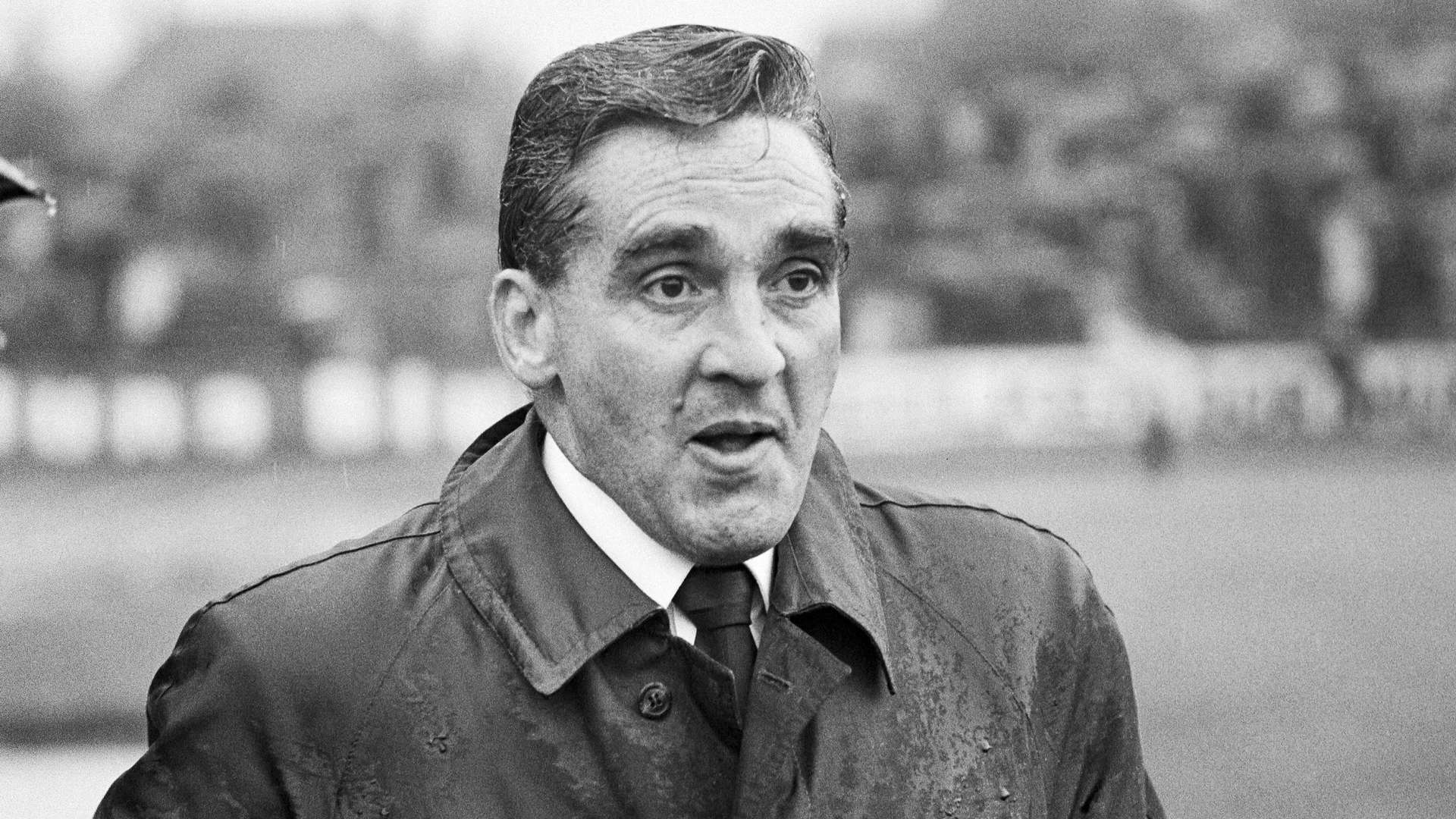
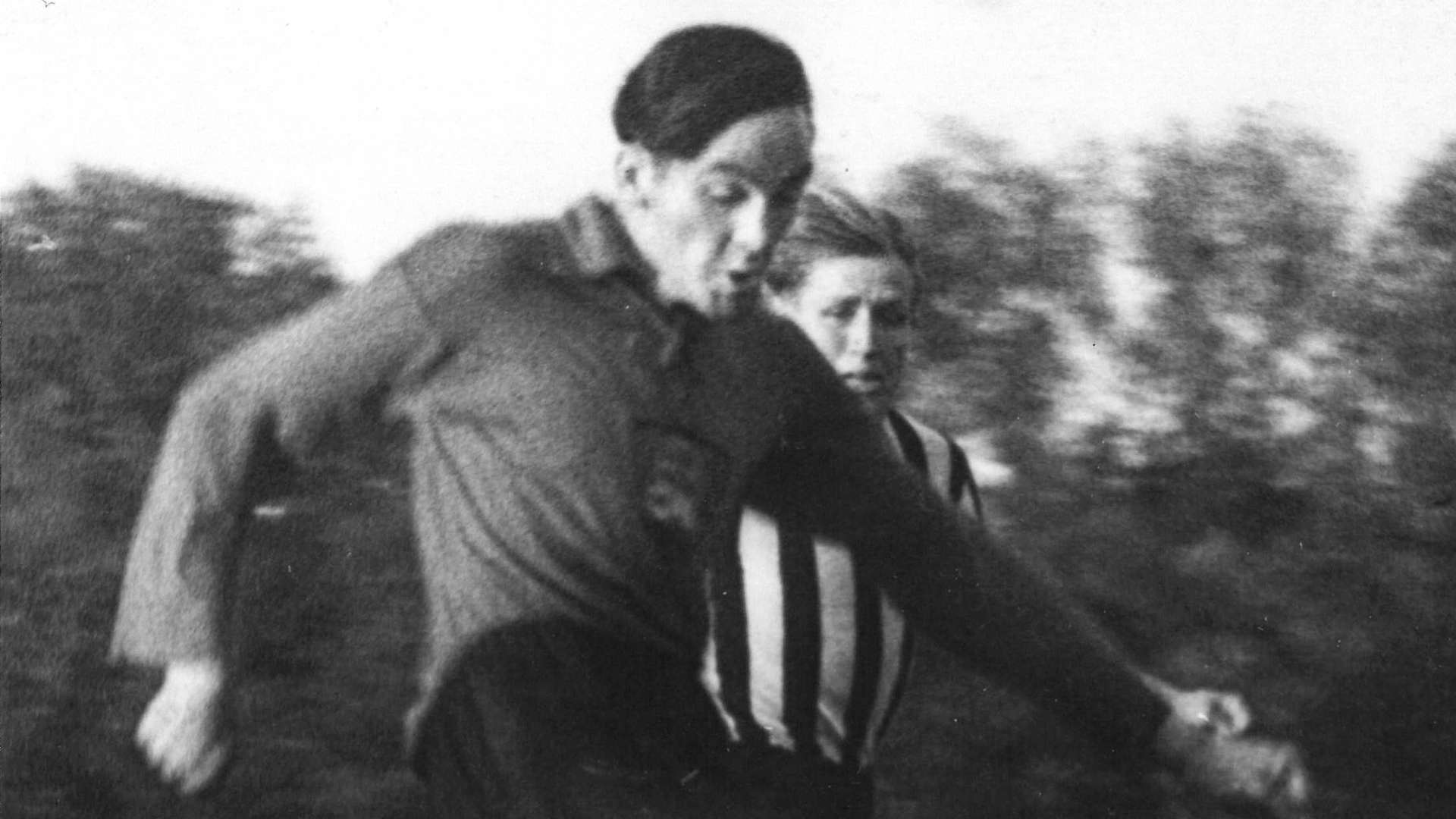
Theo Kirchberg joined Leverkusen in 1949 from VfL Benrath and he played for the Werkself to the end of his career.
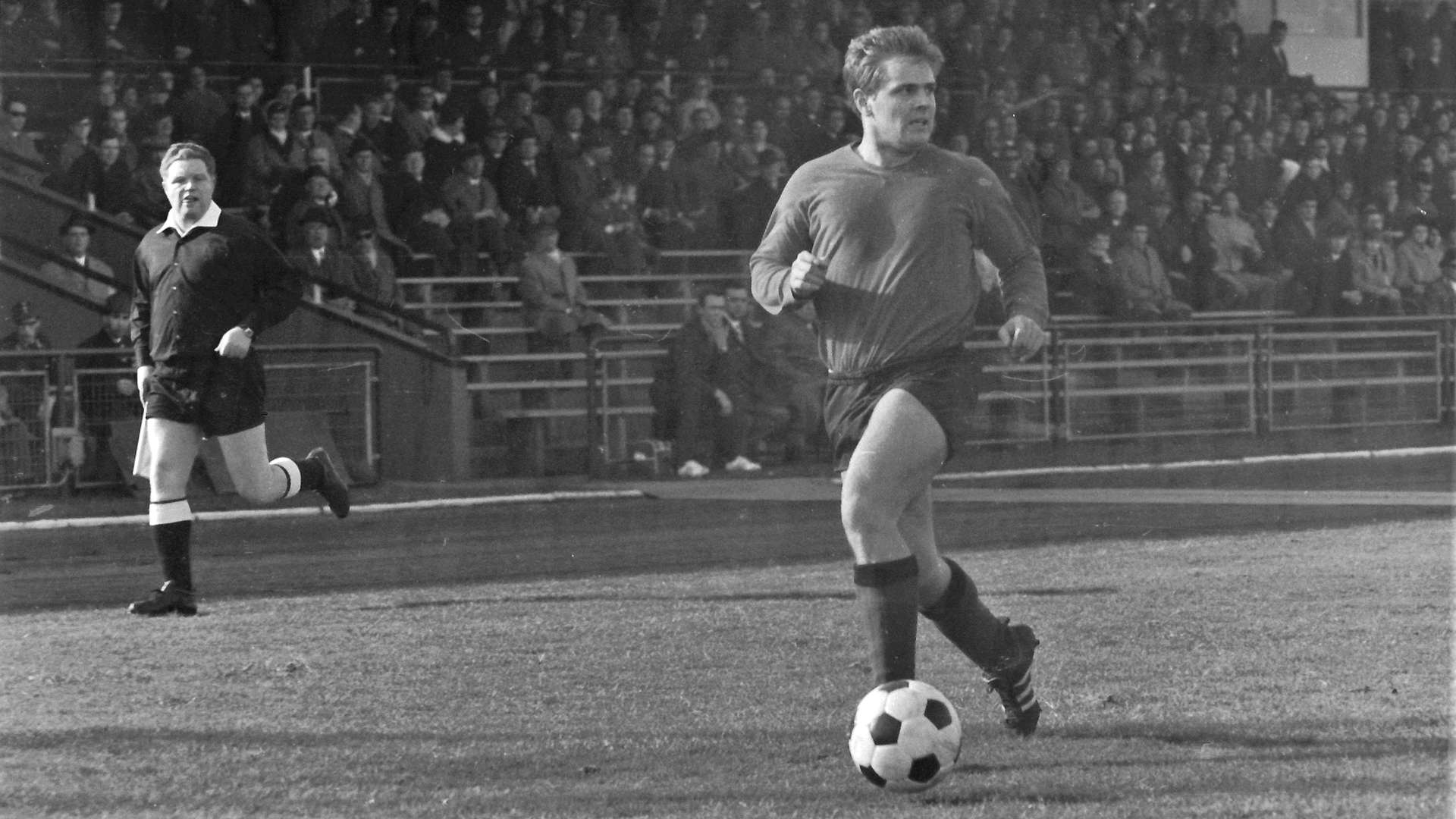
Helmut Brücken (photo), captain of the 1968 title-winning team, highlights Theo Kirchberg's knowledge of the game.
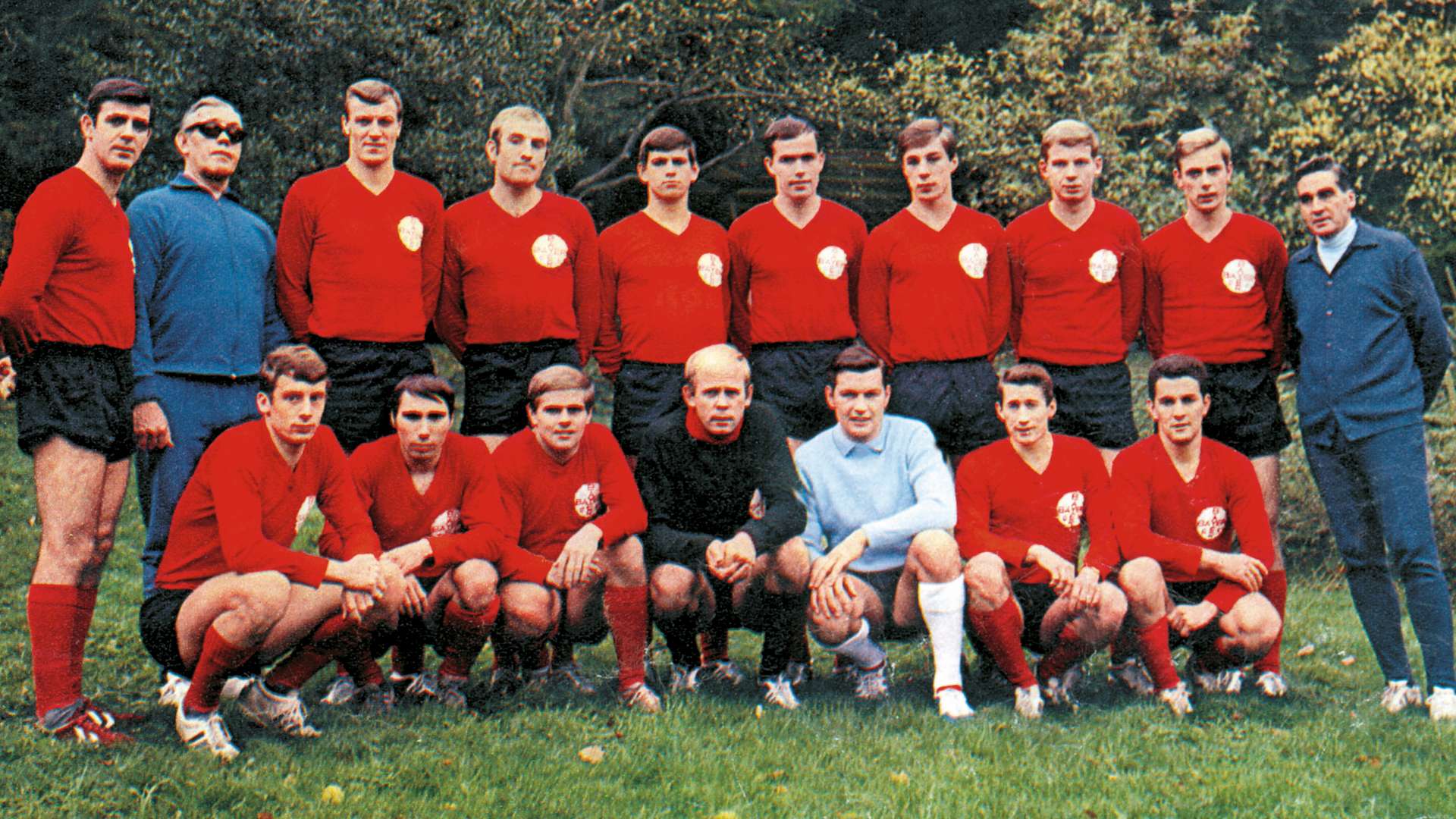
With Theo Kirchberg (r.) as coach: The Bayer 04 title-winning team of 1967/68.
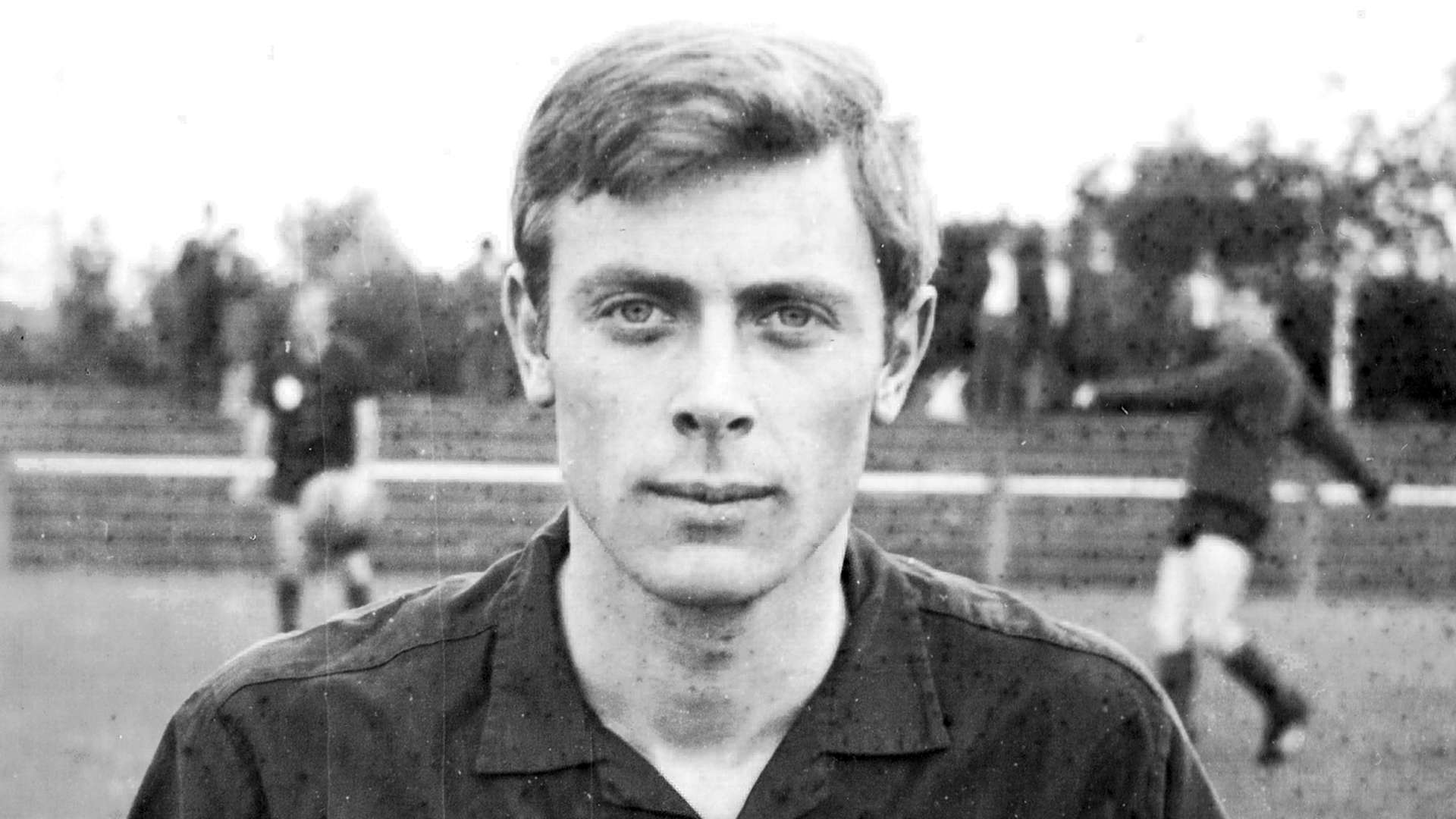
Between lectures and training: Theo Kirchberg invited his former player Karl-Heinz Brücken (photo) to his house so he could recover.
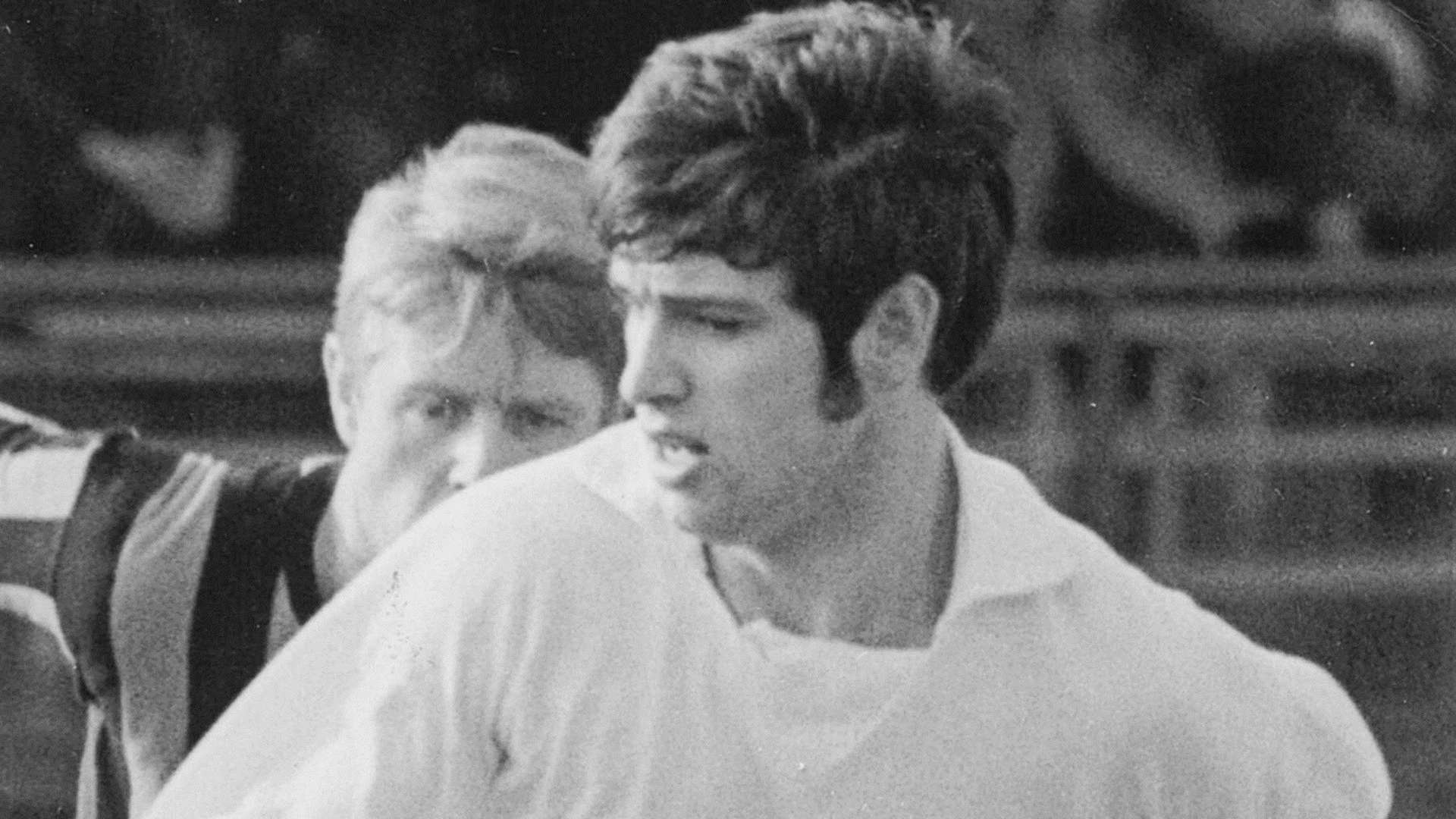
Helmut Röhrig (photo), at Bayer 04 from 1963 to 1972, particularly remembers Theo Kirchberg's willingness to help.
